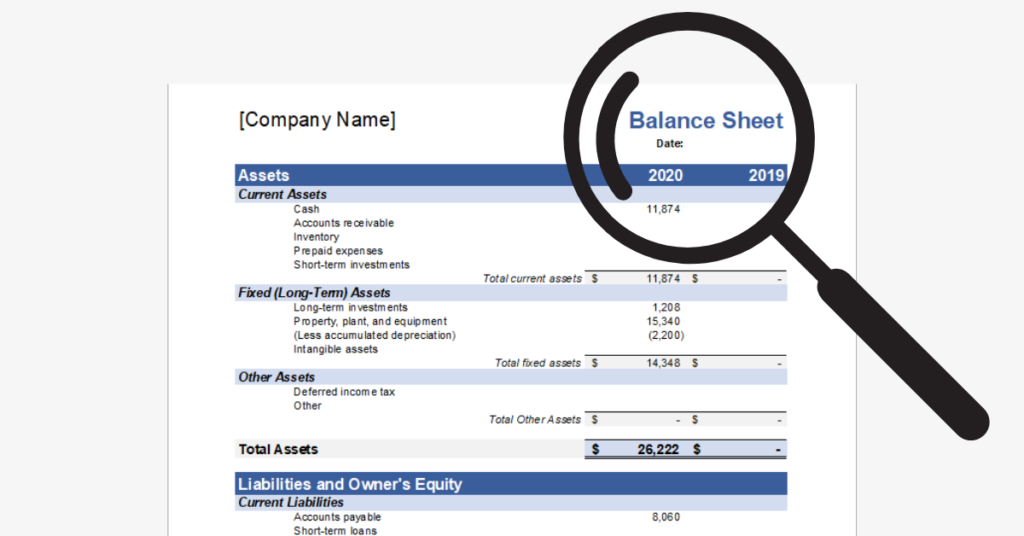This quick guide provides you with the steps you need to take when applying for GST registration in Singapore.
- Who needs to be GST registered?
- What should a business do when it is GST registered?
- How to register for GST?
- Benefits of being GST Registered
What is GST
GST or Good and Services Tax is a consumption tax that is levied on the supply of goods and services in Singapore and the import of goods into Singapore. GST in Singapore is fixed at 7% and applied to the selling price of goods and services provided by GST registered businesses. GST is also referred to as Value Added Tax (VAT) in many other countries.
1. Who needs to be GST registered?
GST Registration falls into two categories—Voluntary and Compulsory. Since GST is a self-assessed tax, businesses are required to continually assess their need to be registered for GST. Let’s look at the two categories:
Compulsory Registration
Businesses that fall under either of these categories should be GST registered,
- Retrospective basis: Turnover of the business was more than S$1 million in the last 12 months.
- Prospective basis: Turnover of the business will exceed S$1 million in the next 12 months and this prediction is based on any agreements or contracts that have been signed to indicate the turnover.
When revenue exceeds S$1 million, the GST application is required to be submitted to IRAS within 30 days. Failure to register the business with IRAS within the stipulated time frame will result in penalties.
Voluntary Registration
Businesses that are not liable to compulsory registration can register for GST voluntarily depending on the operations of the business—the business must have or plan to have sales (taxable supplies) in Singapore. However, voluntary registration comes with a few conditions:
- Once registered voluntarily, the business must remain registered for at least two years and comply with the GST regulations.
- GST returns must be filed on time on a quarterly basis and all records maintained for at least 5 years.
- The business must use GIRO for payment and refund of GST.
- Business must make taxable supplies within two years if it has not started making them at the point of registration.
- IRAS may impose other conditions.
Exemption from GST Registration
Businesses that have only zero-rated supplies (for example, exporting goods and services) are exempt from GST registration, even if the company’s taxable turnover exceeds the registration limits. According to IRAS, if more than 90% of the business’s total taxable supplies are zero-rated and if the input tax is greater than the output tax, the business will qualify for exemption from GST registration.
2. What should a business do when it is GST registered?
Once a business is GST registered, there are a few obligations that need to be fulfilled from the effective date of registration as stated in the approval letter.
- Charging and Accounting for GST: The business is required to charge and account for 7% GST for goods and services supplied in Singapore.
- Filing of GST Returns: GST returns must be filed accurately within one month from the end of each accounting period. When filing the GST return, the business should report both the output tax (GST collected from customers) and the input tax (GST paid to the suppliers). When the output tax is higher than the input tax, the difference will be paid to IRAS. Alternatively, when the input tax is higher, the difference will be refunded by IRAS to the business.
- Payment of GST: Payment of GST must be done within a month from the end of each accounting period. Again, failure to do so will result in penalties imposed by the government.
- Maintaining Business and Accounting Records: All business and accounting records must be maintained for a minimum of five years. Any changes in business circumstances must be reported to IRAS comptroller within 30 days after any change such as change in GST mailing address, change in ownership or partners.
- Displaying Prices with GST: All price displays to the public in the form of advertisements, publications, quotations etc for the goods and services must include the GST. Failure to comply with this rule can result in a fine of up to S$5000. Business in hotel and F&B industries that have goods and services that are subject to service charge are exempt from this rule.
- Issuing Tax Invoices with the GST Reg Number: Tax invoices must be issued for the standard rated supplies and must reflect the GST registration number of the business.
3. How to register for GST?
All applications for GST registration are to be submitted online via myTaxPortal, and mail the completed original copy of the GIRO application form to 55 Newton Road Singapore 307987 after submitting your application online.. The application requires a number of documents and it is good to make sure that they are complete and accurate.
In the case of Voluntary GST registration, the company director, sole-proprietor, partner or trustee must take two E-learning courses offered by IRAS and pass the quiz. Following this, the application for GST Registration may be submitted.
Once the application is successful, the business will receive a letter from IRAS with the company’s GST Registration number and the effective date of the registration.
4. Benefits of being GST registered
- Since most reputed businesses are GST registered, being GST registered adds more legitimacy to the business.
- Cost of business operations and prices go down because the consumer is the real taxpayer, and not the business.
- GST incurred on purchases can be claimed which helps the business to recover costs.
Need help with your GST registration? Talk to us on our chat bot right away, or contact us here. You’ll get a complete run-down of how Counto works, and answers to any questions you have.







